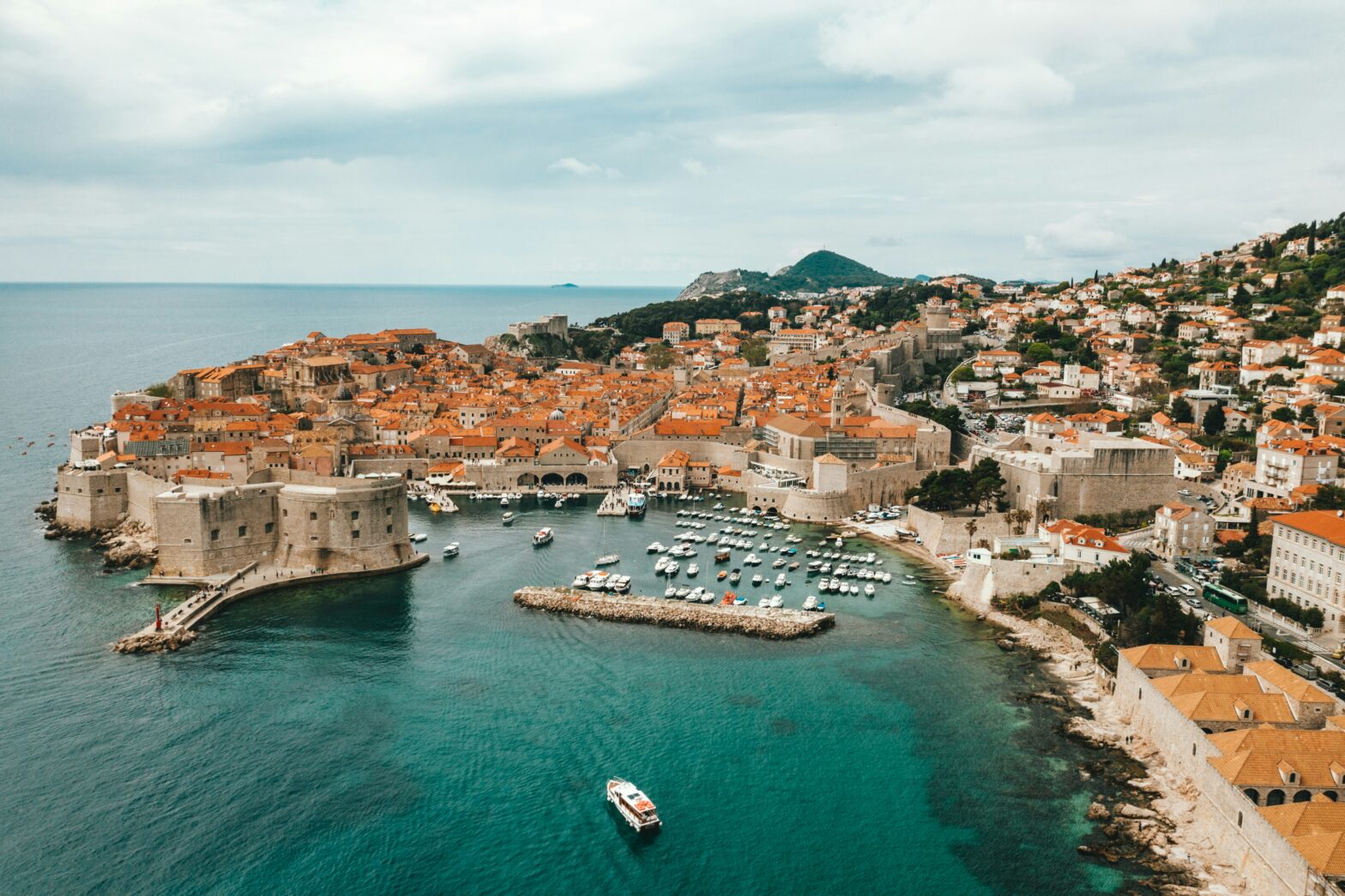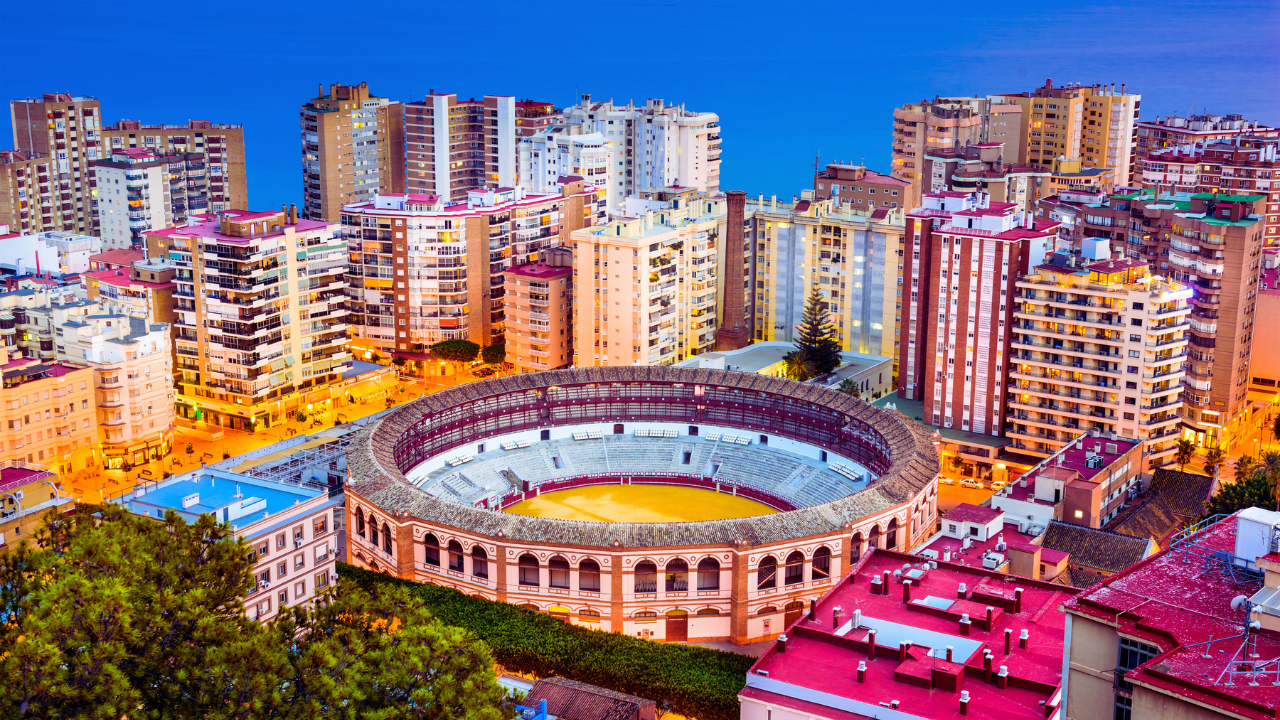Croatia has expanded its digital nomad program, now allowing remote workers to live and work in the Adriatic country for up to three years – triple the previous one-year limit. The Balkan nation announced this extension as part of its strategy to attract more international talent and compete with neighboring countries offering similar digital nomad programs. This move comes as the global digital nomad movement continues to thrive, years after the pandemic-induced boom in remote work.
The extended visa also welcomes close family members, including partners who’ve been together for over three years without children, or couples with children, regardless of the duration of their relationship. This move makes Croatia an increasingly attractive destination for remote professionals seeking to combine work with a Mediterranean lifestyle. Furthermore, the update positions Croatia as one of Europe’s most welcoming countries for long-term digital nomads, competing directly with other popular destinations like Estonia and Romania.
Why Croatia Is Attracting Digital Nomads
Remote workers applying for Croatia’s digital nomad visa must provide documentation proving they work for employers outside Croatia. Applicants must demonstrate a minimum monthly income of €3,295 (approximately $3,855) and provide proof of health insurance coverage for their entire stay. The application process is straightforward and can be completed online, through Croatian embassies, or at local police stations.
Dr. Laura Madrid Sartoretto, research lead at Global Citizen Solutions, explains that while digital nomad growth has slowed from pandemic highs, the lifestyle remains popular, especially among millennials and Gen Z professionals.
“Remote work is steadily growing, so we think digital nomadism is something that is here to stay,” she told CNBC. “People are thinking about education for their kids when they are in this digital nomad life.”
How Croatia Compares To Other Digital Nomad Destinations
Croatia offers digital nomads a combination of affordability and a Mediterranean lifestyle. One standout feature is the tax exemption for remote workers. Digital nomads are exempt from paying local income tax during their stay, a rare benefit among European countries. This tax advantage, combined with the newly extended stay duration, makes Croatia particularly appealing compared to other destinations.
However, despite its appeal, Croatia still faces some infrastructure challenges. Madrid Sartoretto notes that while the country offers a low cost of living, it needs to improve certain aspects to accommodate digital nomads better. “If you compare internet speed and reliability to countries like Romania, which has one of the fastest speeds in the world, Croatia needs to improve its infrastructure,” she adds.





